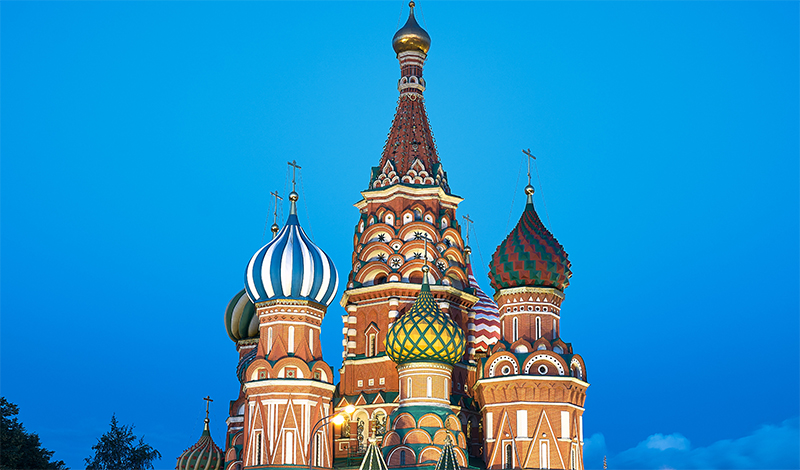
Following are details of the European Union’s 18th sanctions package against Russia over its war in Ukraine, approved on Friday and aimed at dealing further blows to Russia’s oil and energy industry.
OIL PRICE CAP
Central to the package is a lower price cap on Russian oil – a move designed to shrink Moscow’s energy revenues without disrupting global markets by severing Russian supply entirely.
The EU will impose a moving price cap on Russian crude at 15% below its average market price, EU diplomats said.
That means a cap of roughly $47.60 per barrel at present, well below the $60 maximum that the Group of Seven major economies have tried to impose since December 2022.
The measure aims to ban trade in Russian crude bought at a higher price by prohibiting shipping, insurance and reinsurance companies from handling tankers carrying such crude.
The European Union and Britain have been pushing the G7 to lower the cap since a fall in oil futures made the $60 cap largely irrelevant.
However, the United States has resisted, leaving the EU to move forward on its own, with only limited power to enforce the measure because oil is largely traded in dollars, for which payment clearing is controlled by U.S. banks.
SHADOW FLEET AND ENERGY TRADE
The EU will no longer import any petroleum products made from Russian crude, although the ban will not apply to imports from Norway, Britain, the U.S., Canada and Switzerland, EU diplomats said.
The EU sanctions also targeted India’s Nayara oil refinery with Russia’s largest oil producer Rosneft as its main shareholder. An additional 105 vessels are banned from accessing EU ports and locks, or undertaking ship-to-ship transfers of oil – an effort to shut down the so-called “shadow fleet” of older oil tankers used to transport Russian oil and circumvent sanctions. The EU also put sanctions on a private operator of an international flag registry and a captain of a shadow fleet vessel, according to a press release.
In total, the EU has now imposed sanctions on more than 400 shadow fleet ships.
NORD STREAM
Transactions related to Russia’s Nord Stream gas pipelines under the Baltic Sea will be banned, including any provision of goods or services to these projects.
FINANCIAL SECTOR
The EU will ban all transactions with Russian financial institutions – already excluded from the global financial messaging system SWIFT.
The ban will include transactions with Russia’s sovereign wealth fund – the Russian Direct Investment Fund (RDIF) – as well as its investments.
This aims to further restrict Russia’s access to international financial markets and foreign currency.
EU countries also agreed to lower the threshold for imposing further sanctions on foreign financial and credit institutions that undermine the sanctions or support Russia’s war effort – for example, by circumventing the oil price cap.
EXPORT BANS, NEW BLACKLIST ENTRIES
The EU will blacklist 26 new entities for circumventing sanctions, including seven in China, three in Hong Kong and four in Turkey, diplomats said.
A number of chemicals, plastics and items of machinery have been added to the list of goods EU countries cannot export to Russia.
DELAYED APPROVAL
The package of sanctions on Russia is the EU’s 18th since Moscow’s full-scale invasion of Ukraine in 2022. Approval was held up for weeks by repeated vetoes by Slovakia and Malta. Slovakia had demanded guarantees against potential losses from a separate EU plan to ban imports of Russian gas by 2028, and dropped its veto only once Prime Minister Robert Fico said it had achieved as much as it could at this point.
(Reporting by Kate Abnett, Milan Strahm Editing by Kevin Liffey and Frances Kerry)